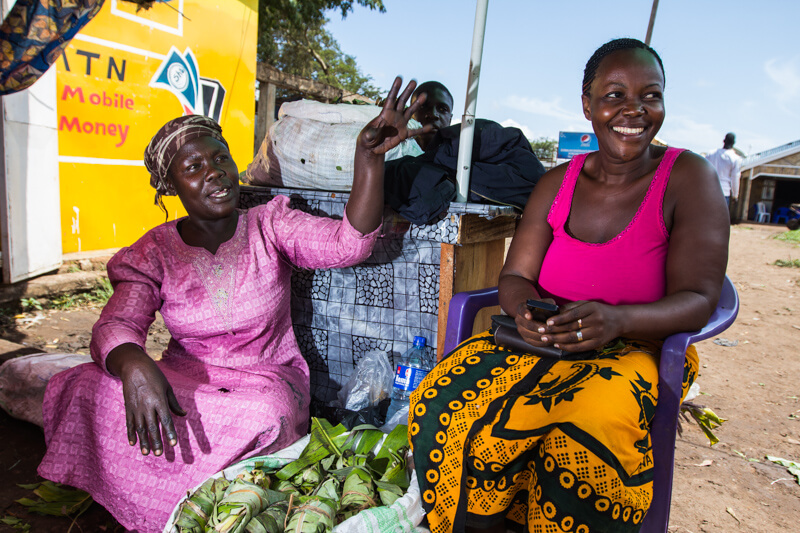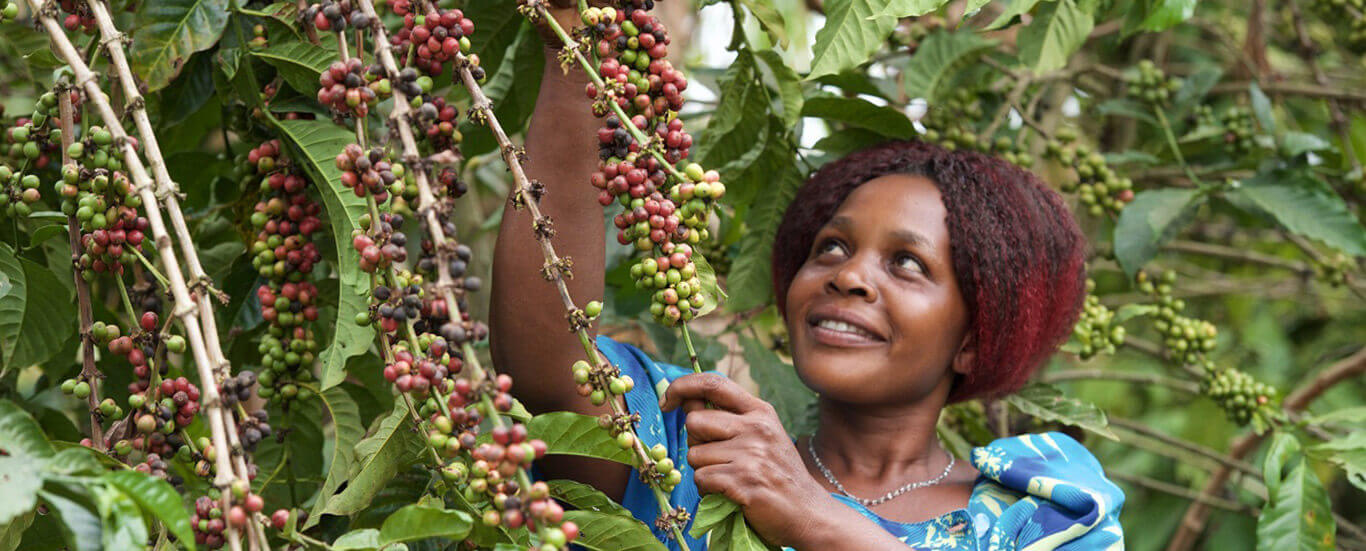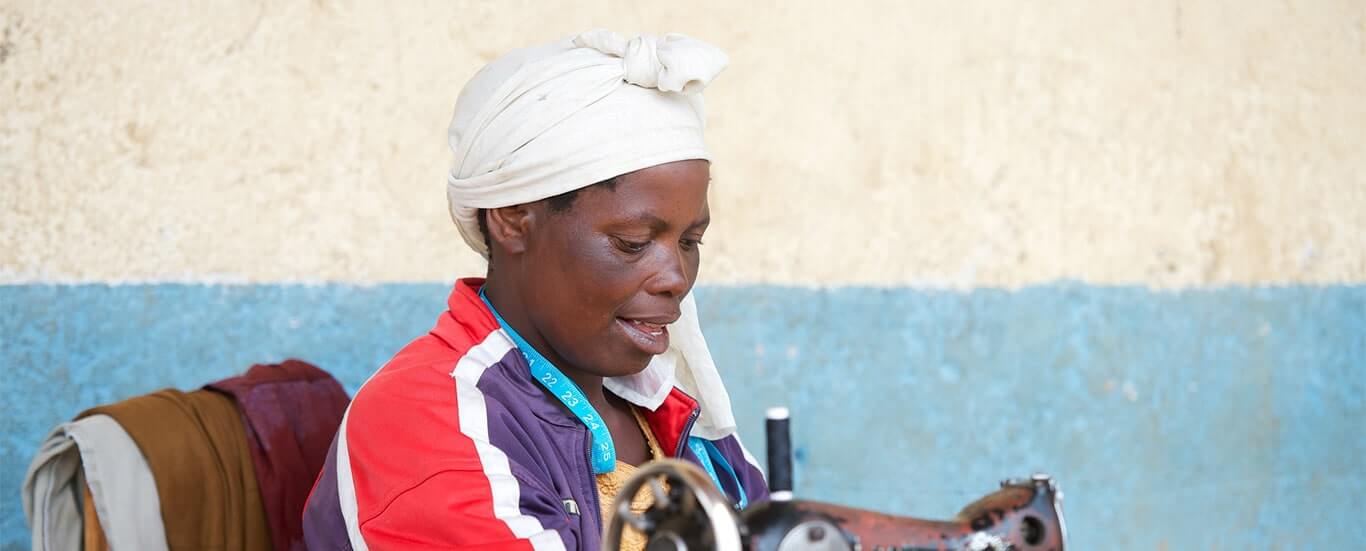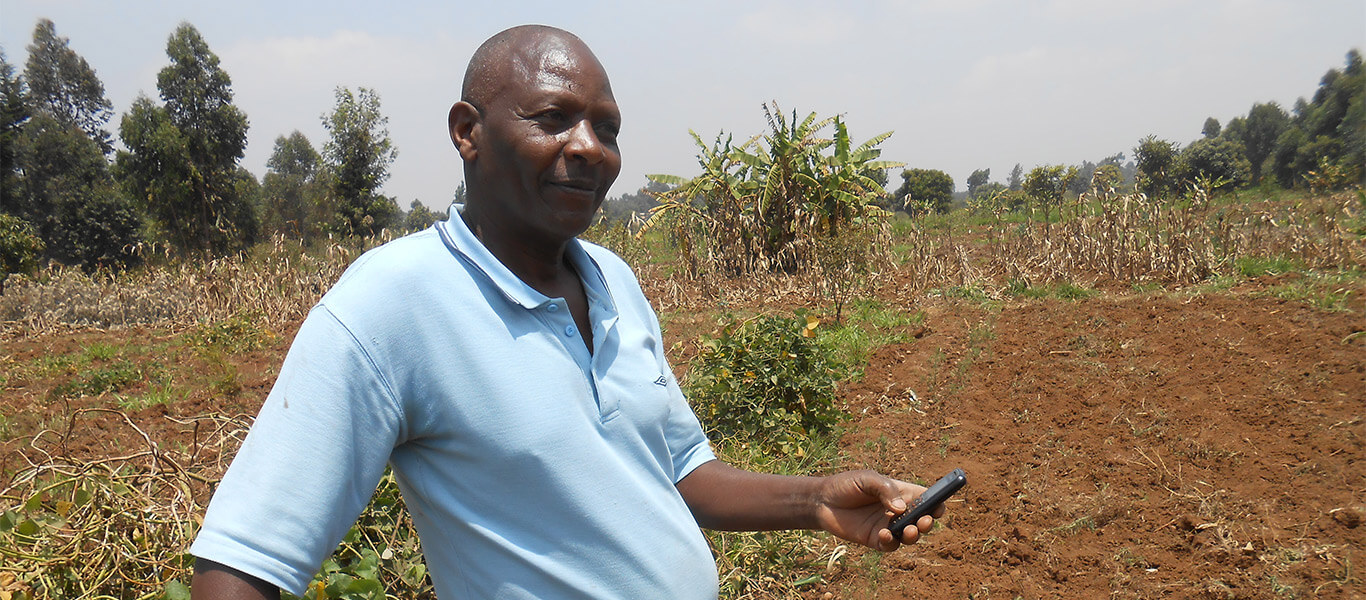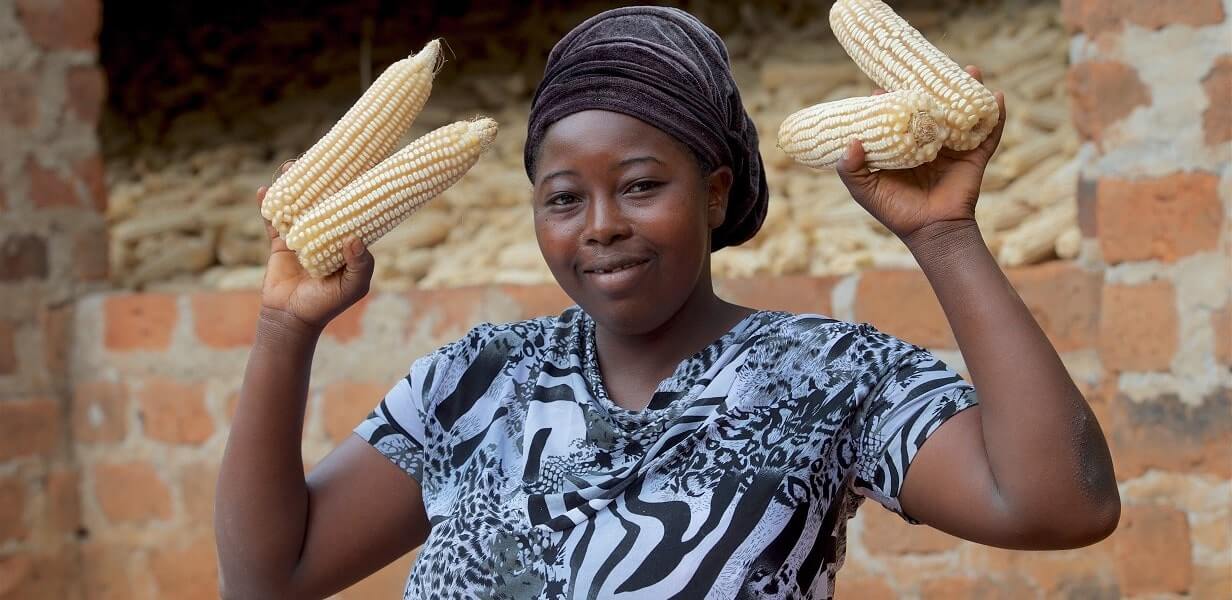More than 25,000 women across Africa have benefited from a TradeMark Africa (TMA) Women and Trade programme since 2015. This was revealed during the East Africa Trade and Development Forum (EATDF) held in Kampala between February 28 and March 1st, 2018. TMA has also increased market access for traders through establishment of cooperatives. Clare Kabakyenga is one of the programme beneficiaries and trades between the borders of Uganda and Rwanda. She recently scaled up to trade in Kenya’s Busia border. She shared with the audience her journey, successes and lessons. “I started trading to increase my income. My journey began in farming, first planting potatoes and then beans. Beans are viewed as women crops in my culture. Farmers in my district are mostly small scale and yet to penetrate markets competitively, you need volumes. So, we formed Manyakabi Area Cooperative enterprise which currently has 8105 farmers, 89% of who are women. Members supply the cooperative with maize and beans to bulk. Markets in Uganda were saturated by the same products and so, we contacted middle men who sold to Rwanda and Democratic Republic of Congo. On learning the profit margins, they got, we decided to take a risk and export to Rwanda. Our first export spent 8 days at the border because we had to get a certificate of origin (CoO) and a Phsytosanitary certificate. The CoO was from the export promotion board and Phsytosanitary certificate from ministry of agriculture. Being new in export business, we had a tough time...
Clare Kabakyenga’s journey to prosperity
Posted on: June 4, 2018
Posted on: June 4, 2018

